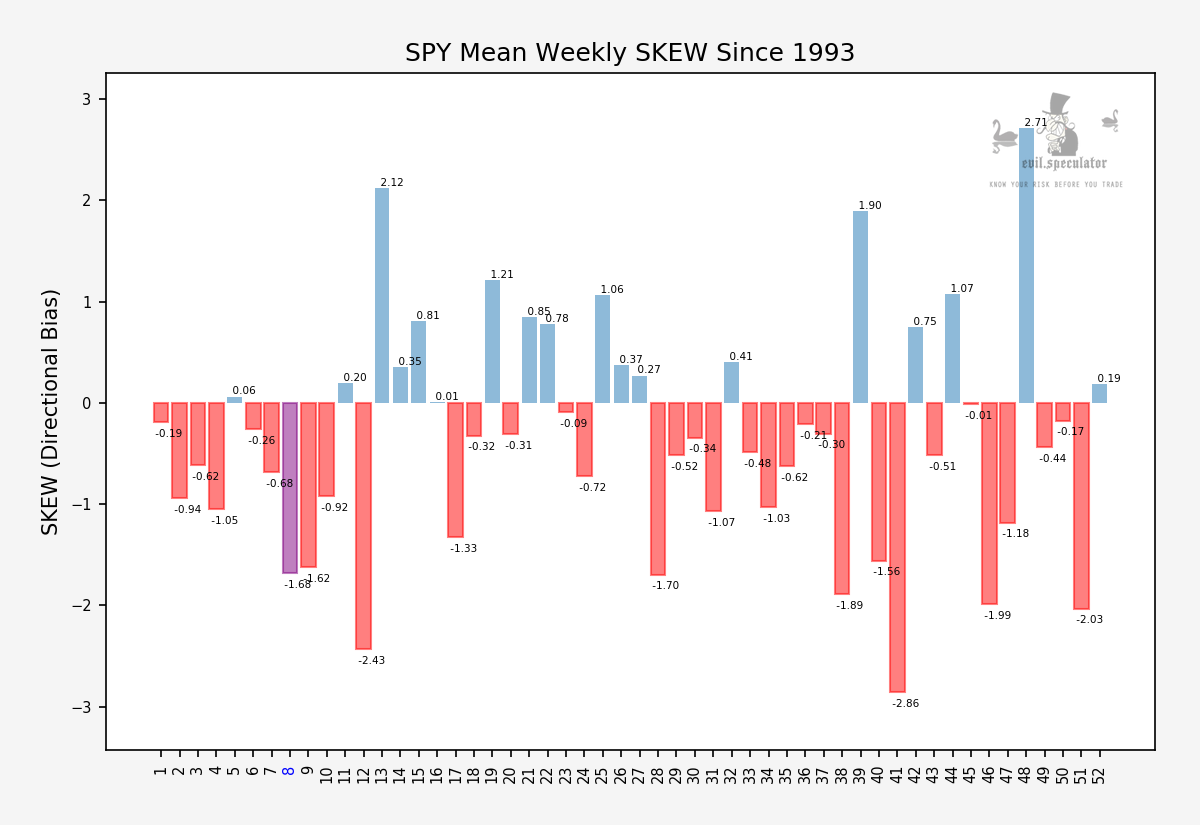Discretionary Trading
Discretionary Trading
Becoming a consistently successful trader can take years of hard work. Speed up your development, reduce your risk and give yourself the best shot at success with daily setups, market analysis, educational posts, and mentorship.
The darkest secret of the financial industry, and one that has endured a many generation of hopeful market participants, basically boils down to this: A large majority of people will fail at becoming successful traders. Period.
Yes, I just said that. And although you won’t ever hear it in the main stream media or your favorite financial network the long term statistics unfortunately back me up and then some. Over 90% of retail traders wash out within the first two years, and the remainder mostly skates by via an inconsistent edge. Less than 1% of retail traders last beyond the first five years of trading any of the financial markets. Not all of them blow themselves up, many just keep losing up to the point of exhaustion and then quietly walk away, thus making room for the next generation of hopefuls. There is a good number of reasons for why most people wind up losing but the main culprit by far is that they have a distorted understanding of what it takes to be successful as a trader.
A Look In The Mirror
If you’re reading this then chances are you’ve already worked your way through a good number of trading books, attended a trading seminar or two, and perhaps tried and discarded several promising trading systems you were told couldn’t possibly lose. Have you ever wondered why people would charge you money for effectively teaching you how to compete with them? One reason is that there’s at least an equal amount of money to be made selling shovels as there is in digging for gold yourself. Another is that Wall Street always welcomes another sucker happy to take the other side of their trades. Make no mistake ‘more meat for the grinder’ is an expression every single broker has come across and most likely has joked about.
Trading Is An Acquired Skill
If nothing else it’s important to understand that successful trading is an acquired skill as opposed to an inherent or intellectual ability. Yes, there are some people who take to trading like a fish to water but those will always be members of a small minority. The rest of us mortals have to work hard and in the process overcome a number of personal hurdles to eventually become the type of traders we aspire to be. Which hurdles exactly depend on your goals and your particular background, e.g. your upbringing, your psychological profile, your belief system, your past experiences, your available resources, your intelligence, etc.
Learning how to trade successfully and manage one’s capital is more akin to learning how to play the piano as opposed to memorizing a stack of books or attending a series of trading seminars. The more you practice an actual activity the better you get at it. However if you find yourself following a flawed approach that repeatedly leads to losses then all you’re doing is getting better at losing. And ingrained long term behavioral conditioning is very difficult to reverse.
Practicing How To Win
That doesn’t mean you get to do whatever you like. Once again using the analogy of learning to play the piano: you still have to study how to read sheet-music, learn a number of techniques, and then continuously practice what you have learned for years on end. Although I do put a great focus on continuous education and a heightened awareness of human psychology/fallability there is but one path that leads to long term success in the market: Hands on trading via a proven systematic and disciplined approach.
And a big aspect of what we do here at Evil Speculator is just that – hands on trading in various market conditions. We show up to work every day and if there are opportunities we present them to our readers. No matter if we’re in a bear market, a bull market, or whether we’re stuck in a sideways churn. There are almost always trading opportunities, especially if you know how to adjust and focus on maximizing the odds of a successful outcome. And most importantly – we also tell you when it’s best to bide your time and do nothing. You basically learn by doing as there simply is no other way.
Evil Speculator Gold
Evil Speculator is best described a hybrid trading blog. A good number of the daily setups and some of my market analysis is offered for free. But the best stuff I always keep for my subscribers – at the very minimum they’ll get it first before everyone else sees it. If there’s a chart I deem to be crucial, may it be a promising entry opportunity or long term chart then the subs see it first.
Although I cover a pretty wide range I can’t possibly do it all. Here are markets I primarily focus on:
- Equity indices – e.g. the S&P, the Nasdaq, the Dow, and the Russell. Not a day passes when I don’t report on equities, in particular the S&P and the ES futures.
- Most popular futures contracts – especially index futures (ES, NQ, YM), energy futures (NG, CL), precious metals (GC, SI), the softs, etc.
- The bonds – obviously it’s a huge market and we cover it all the time. On the trading front here we mostly partake in the bond futures (ZB, ZN, ZF, ZT).
- Forex – one of my favorite sectors actually as there’s plenty of volume and participation. We trade them all with the exception of some of the exotic ones. Favorites: EUR/USD, GBP/USD, USD/JPY, and the AUD/USD – those also happen to be the most liquid and active.
- ETNs and ETFs related to equities, e.g. the Spiders, DIA, and the QQQQ.
- I do trade options on equities occasionally but it’s not the norm.
What I do not trade are stocks as they are too volatile and gap a lot as trading activities are limited to NYSE trading hours. Not a good idea in today’s market conditions. Pretty much everything else is fair game as long as there’s an edge to be had.












